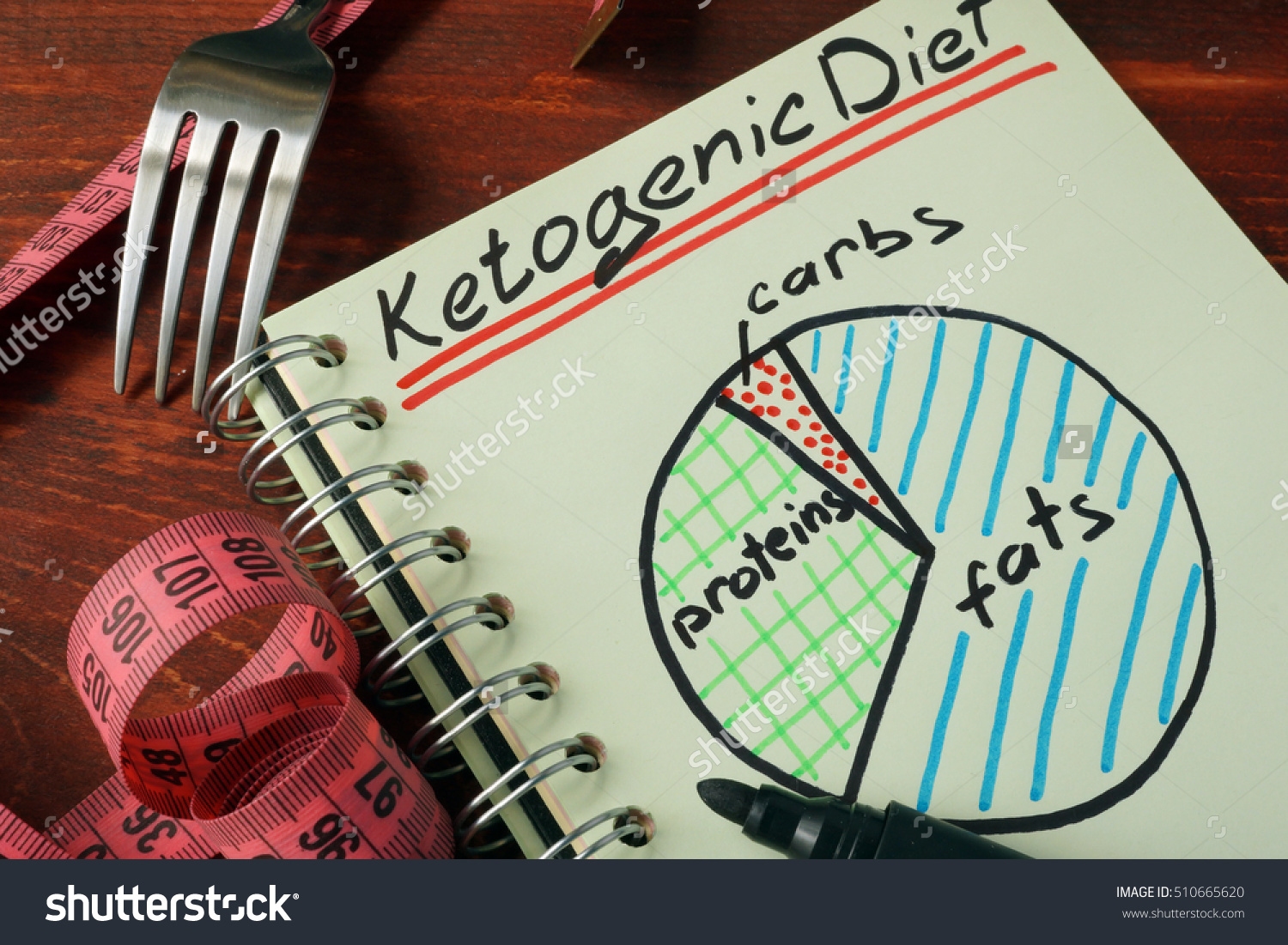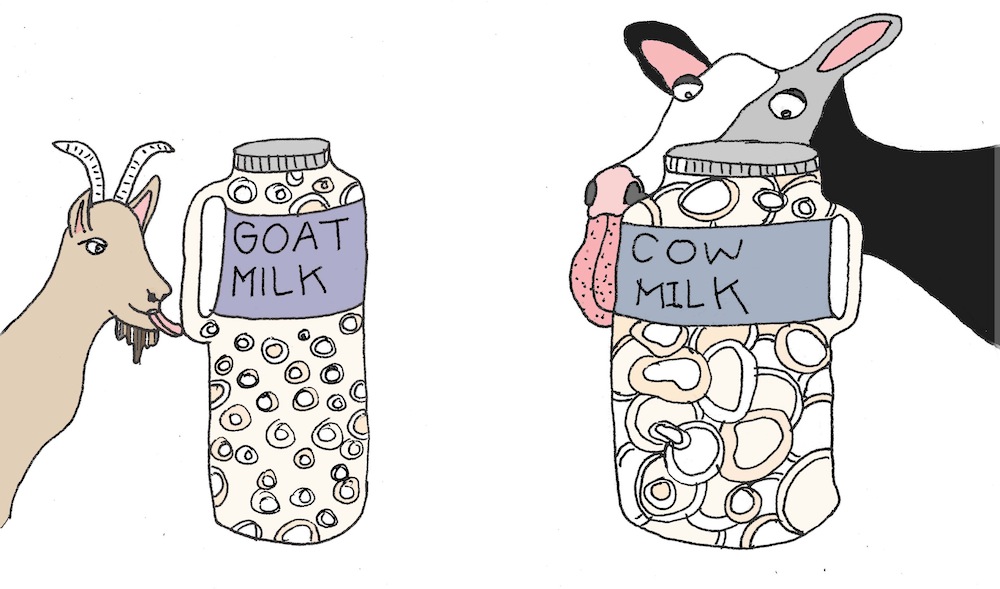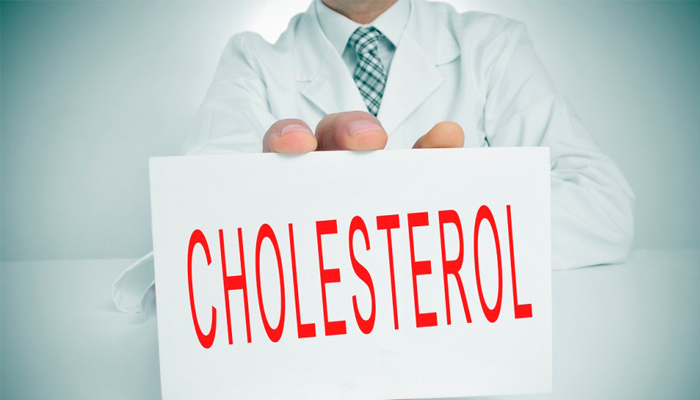Honestly, before I really got into a leading a healthy lifestyle and figuring what foods are best for my body to function at its optimum level, all I knew about Potassium was what I could remember from Chemistry class – which wasn’t much. I came across its benefits from my research and knew that I had to share what I learned about Potassium.
Potassium is an essential nutrient that has various advantages in the body. It is used to maintain fluid and electrolyte balance in your body. It works hand in hand with sodium to support the functioning of your cells and keeps the body hydrated.
Side effects of lack of potassium
- weight gain
- muscle cramps
- high blood pressure
- buildup of cellulite
- irritability
So you may be wondering what can cause low levels of potassium in your body. Well, endurance cardiovascular exercise without proper hydration, diarrhea, vomiting and a diet lacking in fruits and vegetables. If you’ve had a child with a running tummy, you will notice that the oral rehydration salts they are given contain potassium.
Foods that are great sources of potassium
- Avocado (1 whole = 1068mg)
- Spinach (1 cup = 839mg)
- Sweet potato (1 Medium = 952mg)
- Yoghurt (1 cup = 579mg)
- Banana (1 large = 422mg)
- Cantaloupe (1 cup = 431mg)
- Broccoli (1 cup, cooked = 457mg)
- White beans (1/2 cup502mg)
- Winter squash (1 cup = 896mg)
- Lentils (1/2 cup, cooked = 366mg)
Health Benefits of Potassium
- Prevention of Stroke – Potassium is important for normal brain function. High levels of potassium increase cognitive function by allowing more oxygen to reach the brain thus stimulating neural activity. Blood flows more freely because Potassium acts as a vasodilator (the expansion of blood vessels allowing more blood and oxygen to flow). This means there is a lower likelihood of a clot forming or a break off that would cause a stroke.
- Stable blood sugar levels – a Potassium deficiency causes a drop in blood sugar resulting in weakness, headaches, sweating and nervousness. Diabetic patients are encouraged to include Potassium in their diet to prevent unpredictable spikes and plunges of blood sugar.
- Prevents muscle disorders – Potassium plays an important role in the contraction and relaxation of muscles. It maintains optimal nerve and muscle function. This helps keep our reflexes fast and prevents muscle cramps.
- Higher brain function – Potassium directly affects the electrical conductivity of the brain, dramatically affecting its functioning.
- Regularizing blood pressure – Sodium can increase blood pressure to dangerous levels and what Potassium does is it brings down your blood pressure to a balanced level. This reduces the risk of heart disease and hypertension.
- Reduces anxiety and stress: Are you feeling worked up about something? Have a banana! Potassium is important for people who suffer from anxiety and stress. It helps regulate hormones like cortisol and adrenaline, which when in large amounts can be detrimental to the body’s overall health.
- Water balance – Anther significant role that Potassium plays in our body is balancing fluid levels to create an optimum level. We’ve all heard about how important water is to our bodies. It is the largest constituent in our cells which is why maintaining an optimum level of water is important. After strenuous exercise or a heavy night drinking, consider eating a banana or two to rehydrate and optimize fluid balance.
- Promotes Electrolytes – Electrolytes help to transmit electrical charges from the brain to the nervous system. They are basically the message carriers in your body, delivering commands from your brain to the rest of the body. Therefore, the more they are, the faster the response time and the more efficient your body becomes. Imagine an object accidentally hurled at your face. Your brain needs to receive a message from your eyes then it needs to interpret this as danger and send another message (in the form of electrical pulses) to different parts of your body so that you can duck. Think of all the organs that are responsible for that ducking movement. When you have more Potassium in your body, your muscles’ response time is improved significantly and it might just save your life!
Expert advice suggests 4700mg of Potassium a day for adults with a balanced diet. However, in a study done on adults in the US, it was found that adult men take about 3200mgof Potassium a day while adult women take about 2400mg. These low amounts can be attributed to people opting to eat fast food from restaurants rather than focusing on meeting their target fruit and vegetable intake goals. Fresh and lightly processed food, including meat and dairy have the most Potassium.
It’s not only about where you get your food that matter but how it is cooked. Boiling decreases the amount of Potassium present in foods. For example, a boiled potato has about half the amount of Potassium contained in a baked potato. It is advisable to eat fruits and vegetables raw, baked, roasted or lightly steamed to preserve their Potassium.
We all know that too much of a good thing can be bad. Well, excess Potassium in the body may lead to problems such as heart arrhythmia, nausea, difficulty breathing, a tingling sensation in the hands and feet (This is not a good sign), heart disease and muscle paralysis. Very high Potassium levels can especially be seen in patients who have kidney problems such that their kidneys cannot properly process potassium.
It is always advisable to obtain your nutrients from natural sources such as fruits and vegetables. However, if you do decide to take supplements, you need to consult with your doctor first to determine your current Potassium levels and alternative ways to increase the Potassium in your body.



